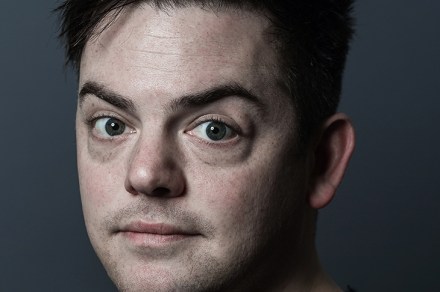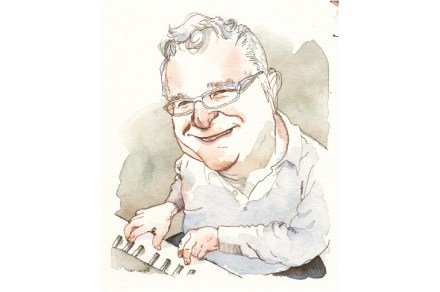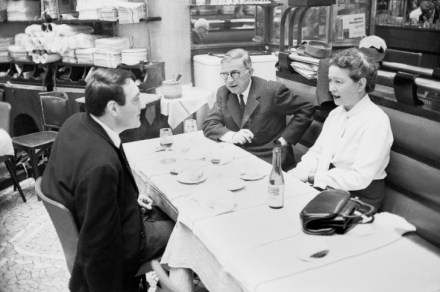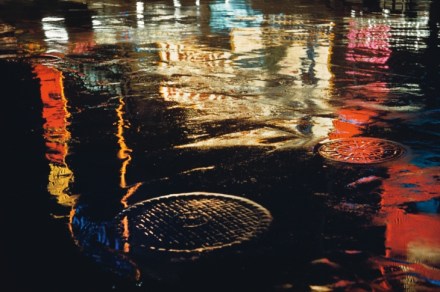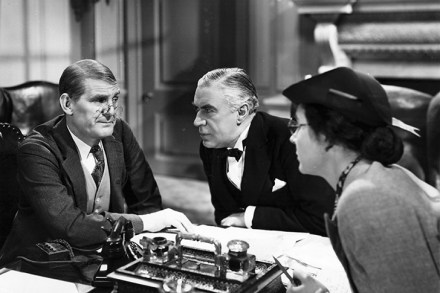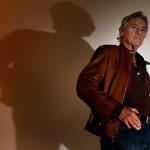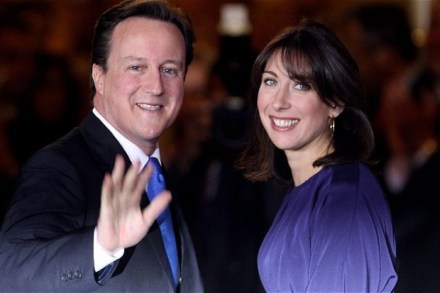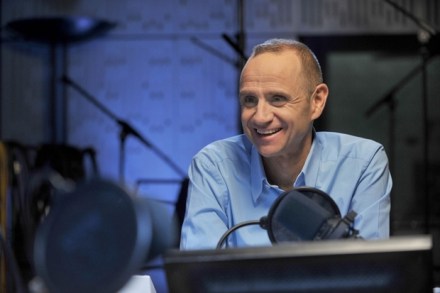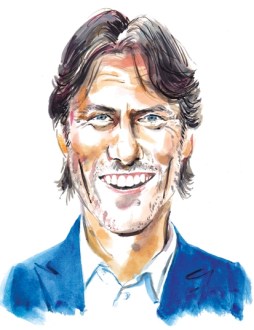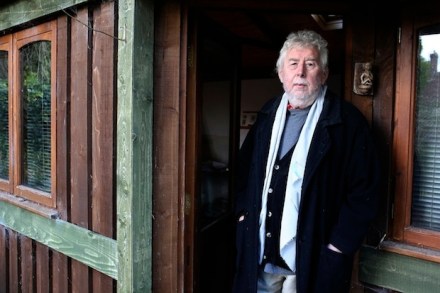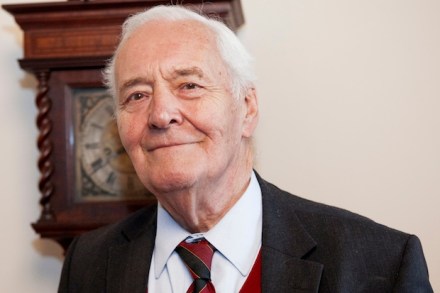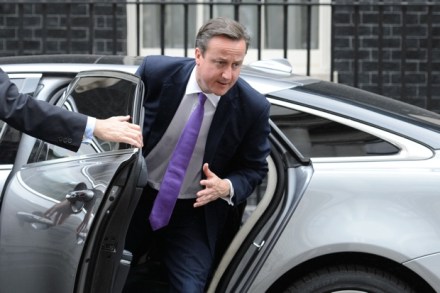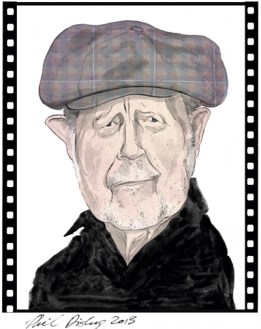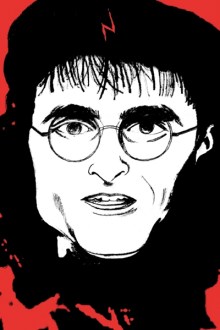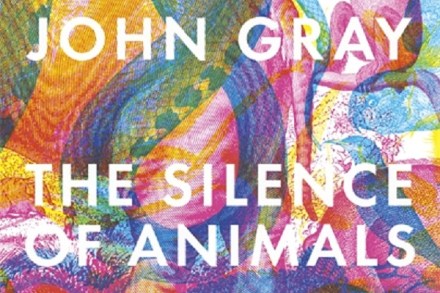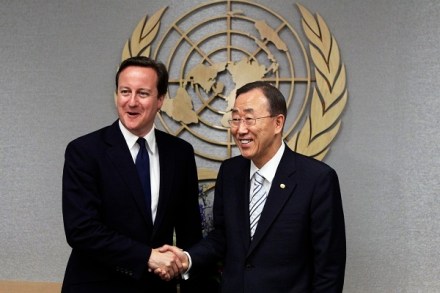Fighting talk | 23 November 2017
There’s a scene in Alfred Hitchcock’s Marnie in which Tippi Hedren is emptying a safe while a cleaning lady silently drags her mop towards her. Can Hedren, playing the disturbed Marnie, slip down the stairs before the woman turns her head? I felt a twinge of the same panic last week interviewing the composer Nico Muhly, whose opera Marnie — based more closely on Winston Graham’s novel than on Hitchcock’s film — was given its world première by English National Opera last Saturday. Would I make it out of the room without asking the Wrong Question? Muhly, who made his name as the cherubic, prodigiously gifted but prickly protégé of
